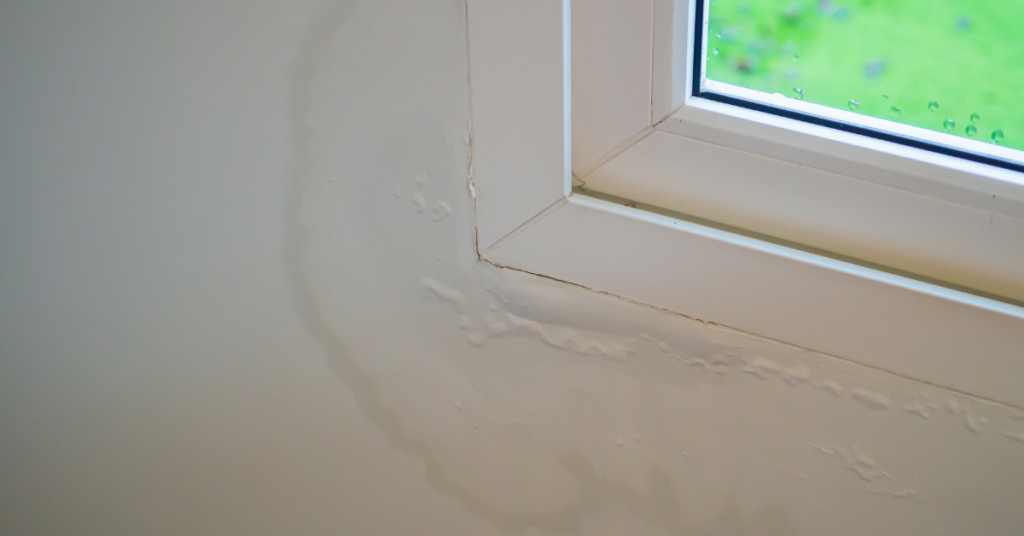Dealing with Difficult Tenants: A Property Manager’s Survival Guide
Reading Time: 3 minutesThe life of a property manager is rarely dull. While you get the satisfaction of providing people with a place to call home, the job also comes with its fair share of challenges. One of the biggest hurdles property managers face? Dealing with difficult tenants. These tenants can cause a lot of stress, from late…

The life of a property manager is rarely dull. While you get the satisfaction of providing people with a place to call home, the job also comes with its fair share of challenges. One of the biggest hurdles property managers face? Dealing with difficult tenants.
These tenants can cause a lot of stress, from late rent payments to disruptive behavior. But fear not, weary property manager! This survival guide equips you with the tools and strategies to navigate even the trickiest tenant situations.
Table of Contents
Difficult Tenants in All Their Glory

Not all difficult tenants are created equal. Let’s get to know some of the most common culprits:
- The Chronically Late Payer: Their rent check arrives slower than a sloth on vacation. These tenants can wreak havoc on your cash flow and force you into time-consuming eviction proceedings.
- The Maintenance Hog: They have a sixth sense for malfunctioning faucets and leaky pipes, even if the issue seems imaginary. Excessive (or fabricated) maintenance requests can strain your resources and leave you wondering if they’re secretly running a car wash in their apartment.
- The Disruptive Neighbor: Loud music at 3 AM? Check. Yelling matches that rival a Shakespearean drama? Check. These tenants disregard community rules and turn peace and quiet into a distant dream for other residents.
- The Property Destroyer: They treat your property like a game of demolition derby. Unchecked neglect or misuse leads to expensive repairs and can decrease the value of your property.
- The Emotionally Charged Tenant: A minor inconvenience turns into a volcanic eruption. These tenants resort to yelling, threats, or emotional manipulation at the drop of a hat, creating a hostile work environment and potential safety concerns.
Diffusing Difficult Situations

Just like a superhero needs their powers, you need strategies to deal with these difficult tenants. Here’s your survival toolkit:
- Maintain Composure and Professionalism: Difficult tenants can be frustrating, but staying calm and objective is key. De-escalate emotional situations by using a calm and assertive tone.
- Effective Communication is Key: Clear, concise, and documented communication is your best friend. Actively listen to tenant concerns and acknowledge their frustrations before outlining solutions.
- Enforce Lease Agreements: Your lease agreement is your legal shield. Clearly outline expectations and consequences for violations. Enforce these consistently and fairly to avoid accusations of favoritism.
- Utilize Available Resources: Don’t go at it alone! Leverage mediation services to help resolve conflicts peacefully. And for serious issues like evictions or property damage, seek legal counsel to protect your interests.
An Ounce of Prevention is Worth a Pound of Cure

The best way to deal with difficult tenants? Prevent them in the first place! Here’s your proactive arsenal:
- Thorough Tenant Screening: Background checks, credit checks, and reference verification are your allies. Look for red flags that might indicate potential problems down the road.
- Setting Clear Expectations from the Start: A detailed lease agreement outlining house rules, tenant responsibilities, and consequences for violations sets the tone for the tenancy. Open communication during the move-in process ensures everyone is on the same page.
Taking Care of Yourself
Dealing with difficult tenants can take a toll. Recognizing the signs of stress and burnout – fatigue, cynicism, withdrawal – is crucial. Prioritize your mental and emotional well-being by incorporating stress management techniques like exercise and relaxation into your routine. Maintaining a healthy work-life balance ensures you don’t become another casualty of difficult tenants.
Conclusion
Remember, you are not alone! With the right strategies, proactive measures, and a focus on self-care, you can navigate the world of difficult tenants and emerge victorious.
Feeling overwhelmed by the challenges of dealing with difficult tenants? You’re not alone. But you also don’t have to go it alone! Here at Green Ocean Property Management, we understand the complexities of property management, and we’re here to equip you with the tools and support you need to thrive.
Let Green Ocean Property Management handle the burden of dealing with difficult tenants. We’ll free you up to focus on the bigger picture, like growing your portfolio and achieving your financial goals.
Contact us today for a consultation! We’ll discuss your specific needs and show you how we can help you achieve peace of mind and a successful rental experience.
Solving Leaky Windows with Green Ocean Property Management
Reading Time: 3 minutesStanding on a picturesque patio, and enjoying the outdoors, is one of life’s simple pleasures. However, leaky windows and roof leaks can ruin that blissful experience. If you’re facing such issues, fret not! We understand the significance of maintaining a dry and cozy living space at Green Ocean Property Management. Our team of experts is…
Navigating Renting: Conflict Resolution Techniques for Landlords and Tenants
Reading Time: 3 minutesMaintaining a positive and productive relationship between landlords and tenants is essential for a smooth renting experience. However, disagreements can arise from time to time. Learning effective conflict resolution techniques can help both parties address issues constructively and reach fair solutions. This guide will equip you with the tools to navigate landlord-tenant disputes efficiently and…
How to properly handle tenants who withhold rent
Reading Time: 2 minutes Tons of prospective landlords always ask us this question: “Can my tenants withhold rent?” The state of Massachusetts is very tenant-friendly. However, there are some guidelines that tenants need to follow if they are going to withhold rent. Read on to know some. 1. A tenant must withhold in separate escrow accounts …








